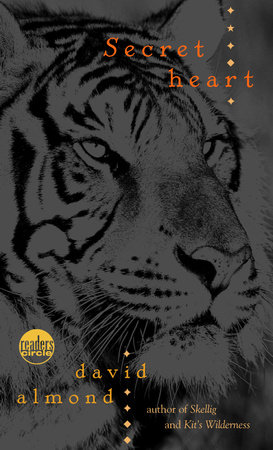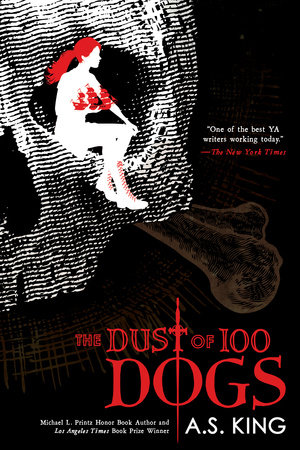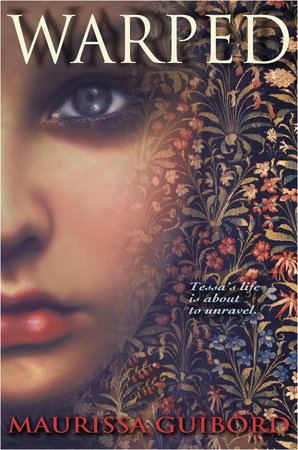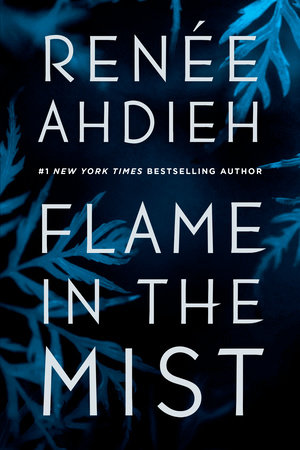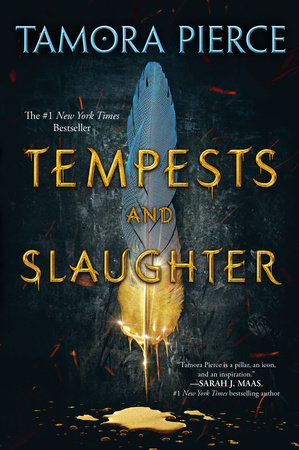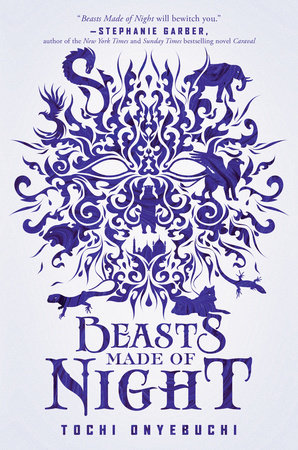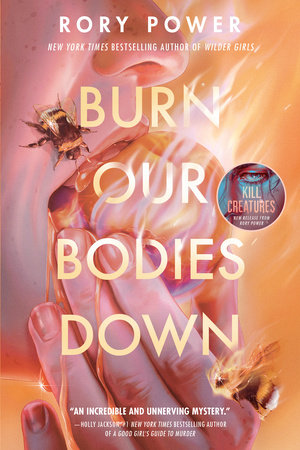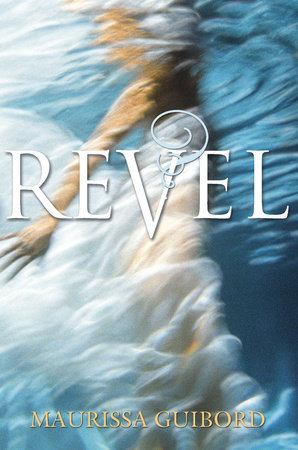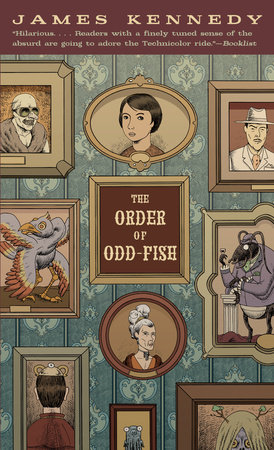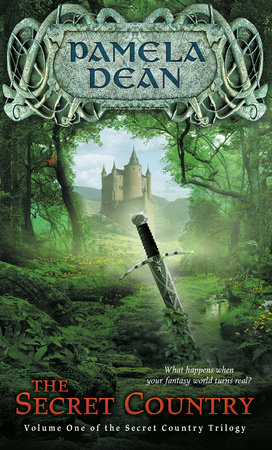A CONVERSATION WITH DAVID ALMOND ABOUT SECRET HEART
Q. You’ve written that many of your stories come from your childhood, which for many people is a time when certain events seem mysterious and unexplainable. When you look back at these childhood events as an adult, do they still retain their mystery and awe? When you use these memories in your writing, do you return to your childhood perceptions of them?
A. I think all events are pretty mysterious. One of a writer’s jobs is to show that what is apparently ordinary and mundane is at the same time extraordinary. We can all think that our lives are mundane, that the places where we live are dull, that the people we know are boring, but once we start to look a little harder, we can see that the world we know is filled with strangeness. As a writer, when I began to re-explore the world of my childhood, and to draw on it for my fiction, it really was like exploring a foreign place. When I write directly about a particular memory, I’m aware that the memory is being reshaped by my desire to write convincing and enchanting fiction. So the childhood perception is the germ of the story, but that perception is extended and transformed. That’s inevitable. I’m not a child anymore. And all memory consists of layers of reality and dreams, truth and lies. All memory is a kind of storytelling, and in the end all stories, if they’re any good, retain a core of mystery, and they resist explanation.
Q. For generations, children dreamt of running away to the circus. But today, the circus doesn’t have the same standing or fantastical draw. Did you want to join the circus when you were a boy? What fantasy escape do you think today’s kids have instead?
A. I didn’t want to escape to a circus, but I did fantasise about exploring wild places–the Himalayas, the desert, the Antarctic. As a kid, I loved the places just beyond the houses: playing fields, heather hills, abandoned coal mines, my grandfather’s allotment. I used to camp out in gardens with my mates. And as a teenager we spent lots of time tramping around the wild and semi-wild places of northern England: Northumbrian beaches and moorland. I think all kids want to go just beyond “civilisation”. They need to know that they can get home again, but they need the experience of wilderness with its darkness and danger. I think it’s a deep human need, so kids will find their wilderness in many surprising places. We think we have controlled and tamed the world, but kids will keep breaking free. And there’s a connection with books and stories here. A book, with its neat lines of print and its well-organised pages, looks civilised, but if it’s any good, a book will have a scent of wildness about it. It will have a wild heart. A good children¹s book is itself like a child who’s been called home by his or her parents from the darkness outside. It sits in a well-lit living room and looks all calm, but its eyes glow, its skin tingles and its heart quickens at the memory of what it’s seen and experienced out there in the wild and dark.
Q. Children, whenever they appear in Secret Heart, are idealized. They have not lost touch with their own imaginations. They are able to genuinely enjoy things. Yet Joe’s classmates from Hangar High are already cynical, and the older guys in Cody’s Crew are downright mean. When do you think children turn this ugly corner? What do you believe can protect them from this change?
A. We all grow in different ways. As kids, we can be cynical one moment, all innocence the next. The influence of our peers is massive. We all now how strong gang culture can be. And Stanny, for instance, is deeply influenced by Joff. Yes, some of the kids in Secret Heart seem very cynical, but that doesn’t mean they’ll always be so, or that they’ve really lost touch with their imaginations. I know that I could be pretty horrible when I was a kid, and I took part in some easy mockery of other kids. So I don’t think we do really turn a corner that cuts off all other routes. Kids naturally experiment with all kinds of ways of being. In the process, of course, they can get a terrible reputation. I’m an optimist. All of us, adults and children, can change for the better. None of us is lost.
Q. Tell us about Joe’s stuttering. What does it tell readers about his character and personality? Are there other messages you hoped his stammering would convey?
A. I think that Joe’s stuttering obviously shows his social difficulties: apparent shyness, lack of confidence, unsureness. To some in the outside world, it’s a sign of weakness. But it also shows that what is inside him is incredibly difficult to put into words, so it maybe indicates that Joe is much more complex and potentially strong than he’s given credit for. In many ways, he reflects what it’s like to be a writer: you have a notion of what you want to say, but finding the right words can be fiendishly difficult. As a teacher, I worked with a number of children who had similar difficulties to Joe’s, and many of these kids showed great courage and resilience in their dealings with an often hostile world.
Q. You write in a variety of genres. Do you prefer writing short stories, as with this book, or novels? How do you decide what form a particular story will take?
A. My primary interest is in writing fiction, particularly novels, so these days my subject matter tends to seek a novelistic shape. Stories grow organically, like living things, and I try to give them space and freedom to do that. Writing novels allows me to do that. It hasn’t always been so. For years, I wrote nothing but short stories, but now I find that particular form a bit unsatisfying. Things could change again, of course. I write plays and scripts under commission, so then the decision is made for me. All forms flow into each other, of course. One of the great things about writing for young people is that they don’t have the adult need to classify. So a young child who’s heard, say, “Cinderella” for the first time pretty quickly wants to start acting it out, often with accompanying song and dance. So fiction very naturally becomes drama/musical/dance. For me, all good fiction retains its “primitive” roots in oral storytelling, poetry, music, drama, dance.
Q. Your novels live in reality and fantasy and raise questions about perception. How thin is the line between the two?
A. I think my main intention when I write is to create/construct a world that can be seen/heard/smelt/tasted/touched by the reader, so that reading is almost a physical experience. The world of the story has to seem real. Having said that, it often seems that the line between the real and the imagined is hardly there at all. We each have our own vision of the world around us, and it’s coloured by our own memories, upbringing, hopes, dreams, etc., and affected by our mood, physical condition, etc. So what we call “reality” is a myriad of realities. And as soon as we begin to write, the slippery nature of reality only increases. I don’t set out deliberately to do it, but I find that my characters and their stories exist in a very real world (and they’re all located in pretty specific geographical locations), but they always stray beyond the borders of what we take to be real.
Q. Joe’s secret heart might be a tiger’s, but he also is connected to skylarks. Did you choose these creatures for particular reasons? Did the poems by Blake and Shelley play any part in these choices?
A. I’ve always loved skylarks–tiny birds that nest on the ground, that fly almost out of sight, then hang there and fill the sky with their passionate song. They were very common in the fields around me when I was a kid. A bright morning with skylarks singing is pretty breathtaking. It’s very English, I suppose, and larks have inspired many English artists. Shelley, yes, but also Ted Hughes, for instance, in his fine poem, “Skylarks”, and the composer Vaughan Williams in Lark Ascending. Blake’s been a big influence since I wrote Skellig, and I think his presence is there again in Secret Heart. The idea or the tiger came from circuses, and from a story an Anglo-Indian friend told me about a tiger entering someone’s tent one night and licking the flesh from his arm. Tigers are wild, beautiful, part of the world, like skylarks are, but (again like skylarks) almost other-worldly. As I began to write the book, it was like a tiger was prowling about inside my head seeking a way out. When I let it prowl onto the page, that’s when the story started to grow.
